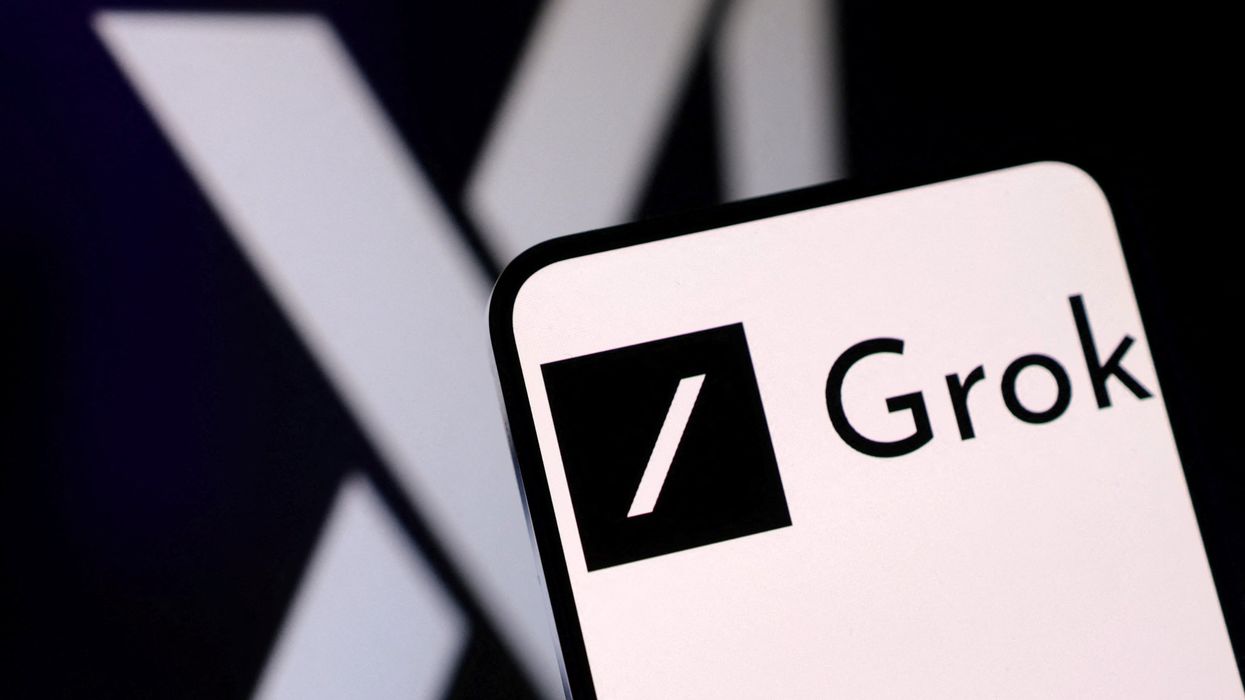ELON MUSK's artificial intelligence company, xAI, has launched the latest version of its chatbot, Grok 3, as the billionaire seeks to compete in the AI market against platforms like ChatGPT and China’s DeepSeek.
The new chatbot was introduced on Monday, with Musk describing it as a "maximally truth-seeking AI." He said the chatbot has significantly improved reasoning capabilities and is ten times more powerful than its predecessor, which was released in August last year.
"Grok is to understand the universe," Musk said during the launch presentation. "We're driven by curiosity about the nature of the universe—that's also what causes us to be a maximally truth-seeking AI, even if that truth is sometimes at odds with what is politically correct."
Grok 3 has been trained on synthetic data and incorporates self-correction mechanisms designed to reduce errors known as "hallucinations," which cause AI chatbots to generate misleading or false information.
"Grok 3 has very powerful reasoning capabilities, so in the tests that we've done thus far, Grok 3 is outperforming anything that's been released, that we're aware of, so that's a good sign," Musk said last week in a video call with the World Governments Summit in Dubai.
The chatbot will initially be available to Premium+ subscribers of X, formerly known as Twitter, before being rolled out to other users.
AI competition and Musk’s rivalry with OpenAI
Grok 3 enters a competitive AI sector where companies are developing more advanced and cost-effective models.
Last month, Chinese startup DeepSeek launched its low-cost, high-quality R1 chatbot, challenging US dominance in AI technology.
Musk's xAI also competes directly with OpenAI’s ChatGPT, led by Sam Altman. Musk and Altman co-founded OpenAI in 2015, with Musk investing £28.4 million in its early stages.
Musk left OpenAI in 2018, and since the release of ChatGPT in 2022, tensions between the two have escalated.
Their rivalry intensified last week when OpenAI's board rejected a Musk-led offer to acquire the company for nearly £63 billion.
Musk’s role in Trump's administration
Musk’s AI expansion coincides with his growing role in US politics. As head of the Department of Government Efficiency (DOGE) in President Donald Trump’s administration, Musk has been tasked with restructuring federal agencies.
Critics have raised concerns about potential conflicts of interest, as Musk's influence over AI regulations could benefit his business interests.
His companies, including Tesla, SpaceX, and xAI, operate in sectors affected by government policies.
Meanwhile, Bloomberg reported that xAI is seeking investors for a funding round of approximately £6.3 bn, which would value the company at around £47.2 bn.
Musk launched xAI in July 2023, shortly after signing an open letter calling for a pause in the development of powerful AI models.
(With inputs from agencies)




